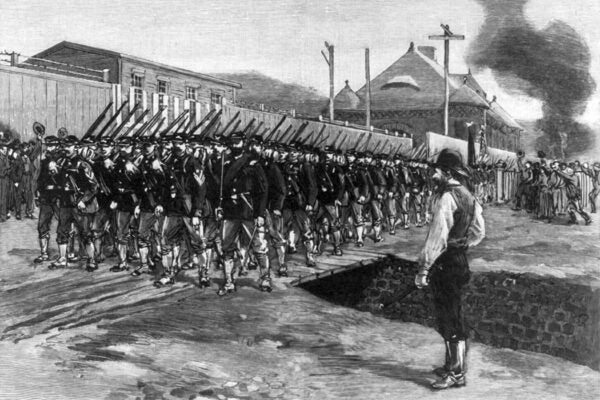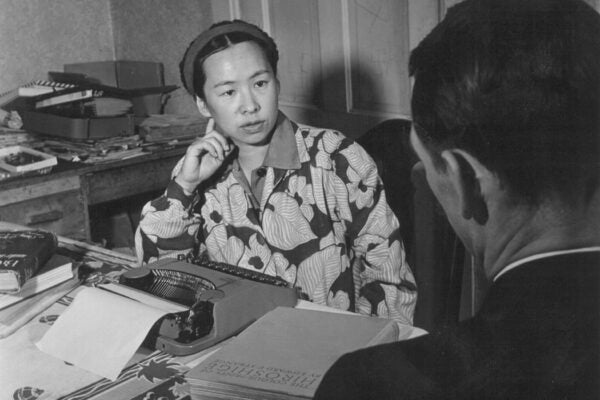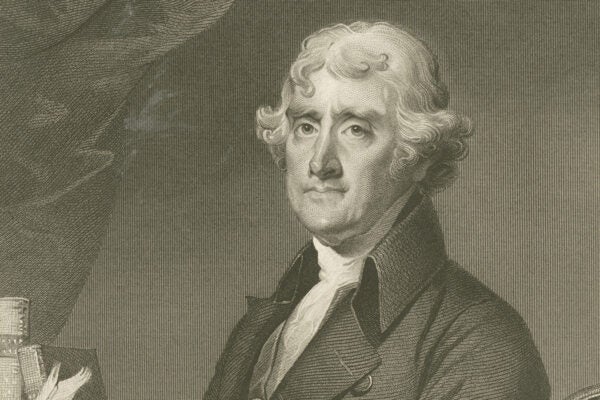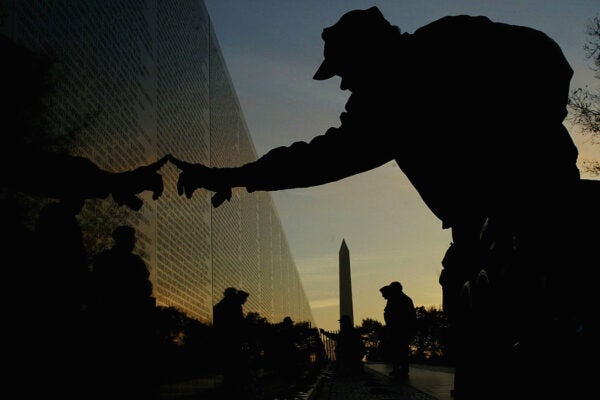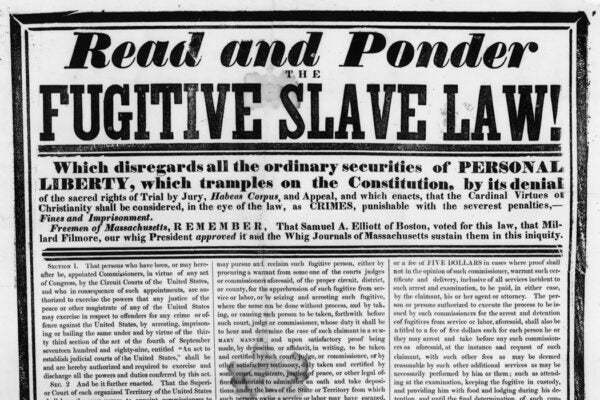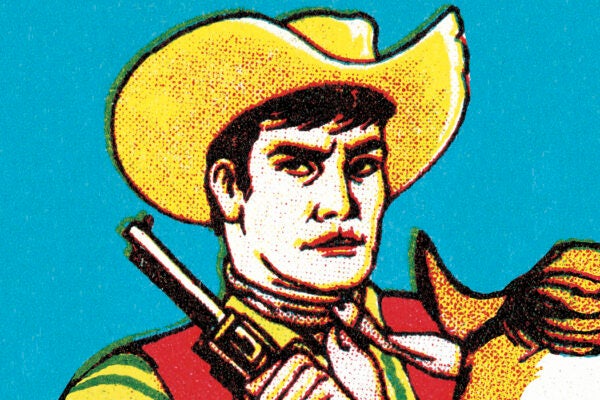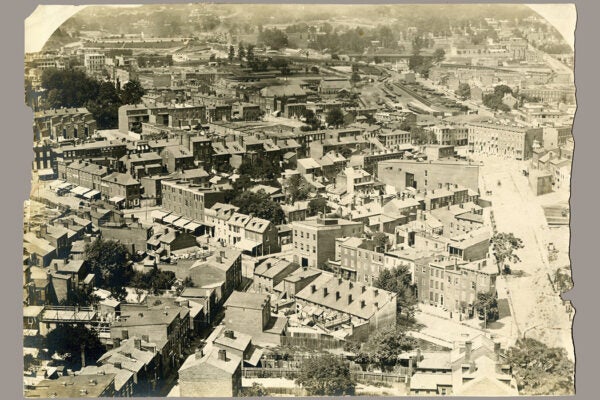How Steelworkers Stopped a Paramilitary Movement
Despite failing to break the Homestead Strike in 1892, the Pinkerton Agency demonstrated the extralegal threat paramilitary agencies created for Americans.
The Ever-Lengthening History of Tobacco
People have been smoking in the Pacific Northwest for more than 4,500 years.
Mapping “Indian Country”
In the early 1800s, the Native people of the Plains region didn’t generally think about their land in terms of tribes, territories, or racial difference.
Dear Deirdre: The Japanese American Agony Aunt
Using the nom de plume Deirdre, California-born writer Mary “Mollie” Oyama Mittwer offered advice on changing gender roles and cross-ethnic relationships.
Thomas Jefferson: A Vote for Cutting Off Your Nose
To reduce Virginia’s use of the death penalty, Thomas Jefferson proposed using permanent disfigurement as a punishment for rape, polygamy, and sodomy.
Science in War, Science in Peace: The Origins of the NSF
The 1950 establishment of a federal agency devoted to space, physics, and more belied a cross-party consensus that such disciplines were vital to national interest.
What Veterans’ Poems Can Teach Us About Healing on Memorial Day
A scholar and military veteran proposes that poems written by veterans that focus on honoring those who have died in service can help heal an ailing nation.
The Fugitive Slave Act of 1850: Annotated
The Fugitive Slave Act erased the most basic of constitutional rights for enslaved people and incentivized US Commissioners to support kidnappers.
American Individualism and American Power
The American habitus was forged partly by the conquest of Native land and partly by the experiences of superiority and entitlement among white enslavers.
Justice in Baltimore
In an atypical case, a white policeman was convicted of killing a Black man at a private house party.
